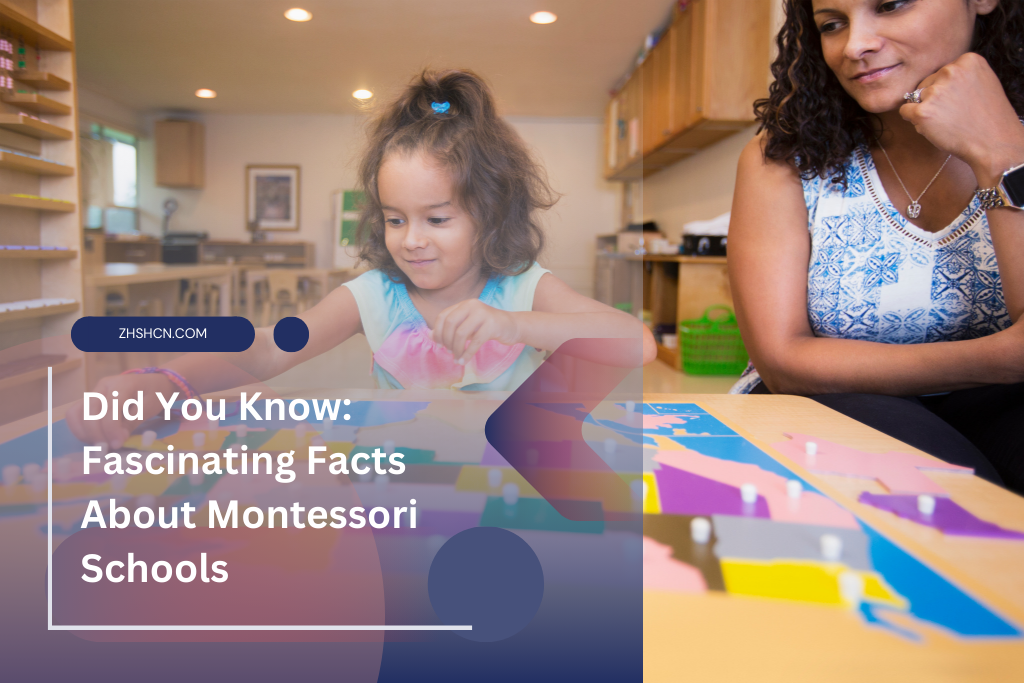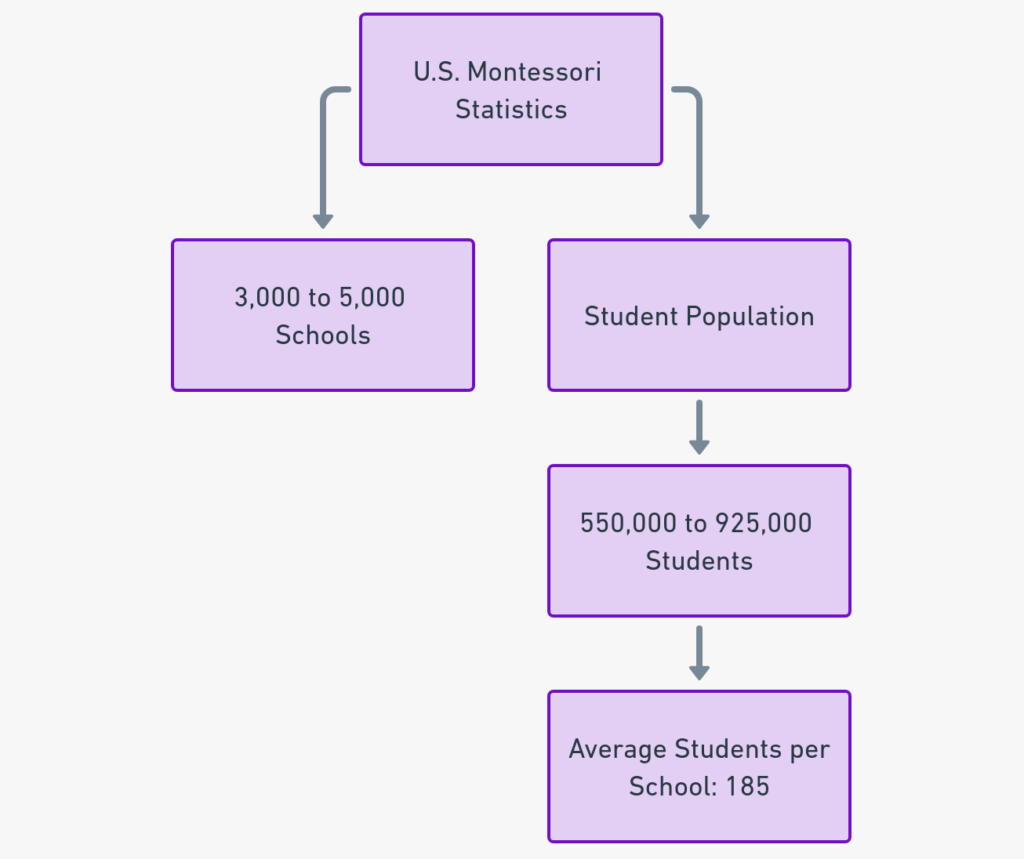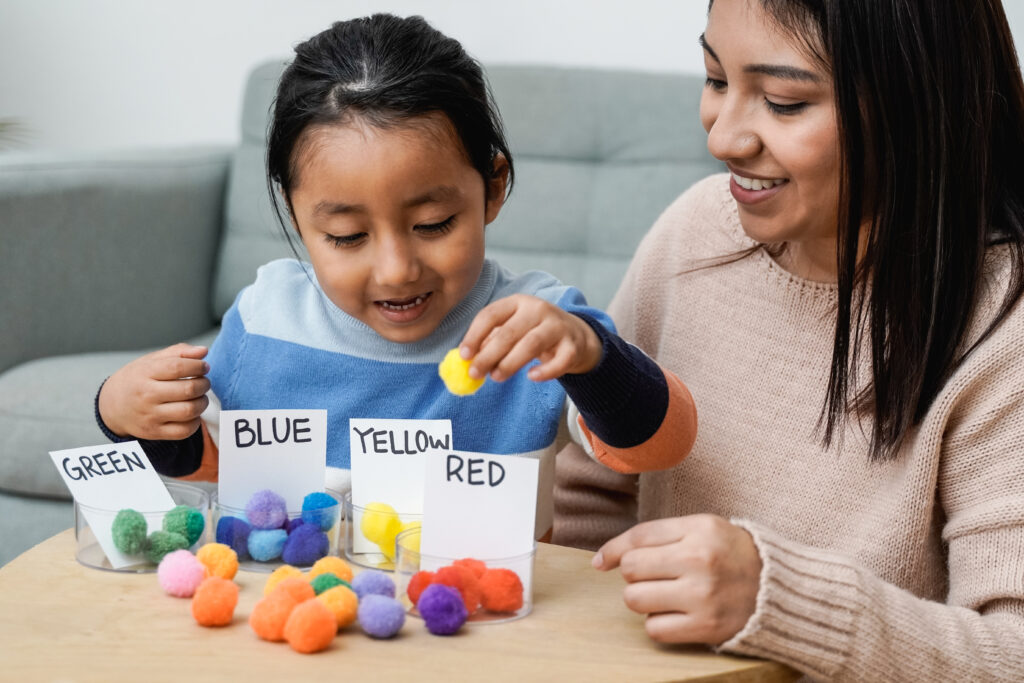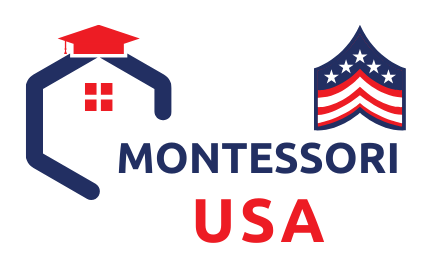Introduction

Did You Know? The Montessori method of education, developed by Dr. Maria Montessori, has been a subject of interest and debate for as many as 110 years. With over 15,000 Montessori schools worldwide, including 3,000 to 5,000 in the U.S. alone, the Montessori method has had a significant impact on the educational landscape. But what are some of the intriguing facts and figures that make Montessori schools unique? Let’s dive in.

15,000 Montessori schools worldwide
According to the National Center for Montessori and the American Montessori Society, there are approximately 15,000 Montessori schools worldwide.
Did You Know: The Numbers Game
The Global and National Presence
- Worldwide Reach: According to the National Center for Montessori and the American Montessori Society, there are approximately 15,000 Montessori schools worldwide.
- U.S. Statistics: In the United States, the number ranges from 3,000 to 5,000 Montessori schools.
- Student Population: It’s estimated that between 550,000 and 925,000 students attend Montessori schools in the U.S. This estimate is based on the average number of students per private school in the U.S., which is 185.

Financial Aspects
- Startup Costs: Starting a Montessori school isn’t a small investment. The average cost to start a Montessori school ranges from $400,000 to $1 million.
- Tuition Revenue: The average Montessori school can generate between $1,803,750 and $2,830,500 in annual tuition revenue.
- Teacher Salaries: The average salary for a Montessori teacher is around $37,295 per year, while a teacher’s aide earns an average of $25,700.

Space and Infrastructure
- Space Requirements: According to AMI (Association Montessori Internationale), you should plan to have 40 square feet of space per child in your Montessori school.
- Classroom Sizes: The average Montessori classroom accommodates between 25 and 35 students, which is quite different from traditional schools that often have smaller class sizes but more classrooms.
Did You Know: Public Montessori Education
Public Montessori education is an option for preschool through high school students attending all types of publicly funded schools—neighborhood, magnet, and charter. Programs range in size from single Early Childhood classrooms to school-wide Elementary or High School programs. Some operate as a “school-within-a-school,” sharing a building with other classrooms that have a different instructional approach.

By the Numbers
- Montessori Schools in the U.S.: 5,000 total Montessori schools, 500 public Montessori schools, 4,500 private Montessori schools.
- 10% of total Montessori schools are public.
- Public Schools and the American Montessori Society: 120 public Montessori schools are members of AMS (membership is voluntary), 65% increase in AMS public school membership from 2011 – 2018, 16 AMS public member schools are AMS-accredited (AMS accreditation is a rigorous, voluntary process).
Fundamentals
- Core Components: The American Montessori Society recognizes 5 core components as essential to all quality Montessori programs, both public and private: properly trained Montessori teachers, multiage classrooms, use of Montessori materials, child-directed work, and uninterrupted work periods.
- State and National Standards: Montessori public schools must meet the same standards as other public schools; they receive a state “report card,” are accountable for their students’ achieving adequate yearly progress, and comply with other federal education regulations.
- Teacher Certification: Public Montessori schools guarantee that Montessori classroom teachers are licensed by the state at the level they are teaching in addition to being certified by an accredited Montessori teacher education program.
Barriers to Implementation
- Lack of knowledge about the basics of Montessori philosophy and method on the part of principals and/or other school or district administrators.
- Emphasis on state standards vs. following the Montessori curriculum.
- Focus on state-mandated testing, which can compromise the character of the Montessori program.
- There is pressure to use extrinsic rewards, especially in schools with both Montessori and non-Montessori classes.
- The inability of schools to be released from or exempted from state or district regulations in order to implement practices aligned with Montessori.
Did You Know: Important Dates
- 1907: Dr. Maria Montessori opens her first school. It is a public Montessori school in San Lorenzo, Italy.
- 1960: Dr. Nancy McCormick Rambusch founded the American Montessori Society.
- 1967: Hilltop School in Reading, Ohio, becomes the first public Montessori school in the U.S.
- 2003: Bunche Montessori School in Fort Wayne, Indiana, becomes AMS accredited, making it the first public Montessori school to achieve this distinction.
- 2010: Clark Montessori Junior and High School, an AMS-accredited public Montessori school in Cincinnati, Ohio, becomes one of six semifinalists—and then one of three finalists—in President Barack Obama’s “Race to the Top Commencement Challenge.” (Thousands of schools applied nationwide.)
- 2012: AMS founded the National Center for Montessori in the Public Sector (NCMPS) to support the growth of public Montessori in the U.S.
- 2013: AMS and the Association Montessori International/USA collaborate to form the Montessori Public Policy Initiative, with a vision of ensuring a policy landscape in which children of all ages have access to authentic Montessori education.
- 2015: AMS recognizes the NCMPS as an independent nonprofit organization.
- 2017: Public school membership in AMS reaches an all-time high.
Did You Know: Unique Characteristics
Age Groupings
One of the unique aspects of Montessori education is the mixed-age classroom. Students are generally grouped as follows:
- Ages 3 to 6
- Ages 6 to 9
- Ages 9 to 12
Self-Guided Learning
The Montessori method emphasizes self-guided learning, where children choose activities based on their interests and work at their own pace. This fosters independence and a love for learning.
Experiential Learning
Montessori education is big on tactile and experiential learning. Children often use educational toys called “Montessori materials” that are designed to be self-corrective, helping children learn from their mistakes.

Did You Know:FAQ Section
- Do Montessori schools accept transfer students from non-Montessori schools?
Yes, Montessori schools generally evaluate each child individually, regardless of their previous educational background. - Is financial aid available?
Yes, many Montessori schools, like Arbor Montessori, offer financial aid programs funded through community donations. - Do Montessori schools offer after-school programs?
Yes, many Montessori schools offer after-school programs, often referred to as “enrichment programs,” for children ages 5 and up. - What are the summer options at Montessori schools?
Montessori schools often offer a variety of one-week summer camp sessions, announced each spring. - Are children who aren’t potty-trained accepted?
Yes, children who are not yet potty-trained are typically welcome in Montessori toddler programs.
Conclusion
Montessori schools offer a unique and enriching educational environment that has captivated students and parents worldwide. With a focus on self-guided and experiential learning, as well as a global presence, Montessori education continues to grow and evolve. Whether you’re a parent considering Montessori for your child or an educator thinking about starting a Montessori school, these facts offer a fascinating glimpse into this educational approach.
Sources/For More Information:
https://www.projectionhub.com/post/how-to-start-a-montessori-school-numbers-to-know
https://www.public-montessori.org/
https://amshq.org/About-AMS/Press-kit/Public-Schools
https://www.public-montessori.org
